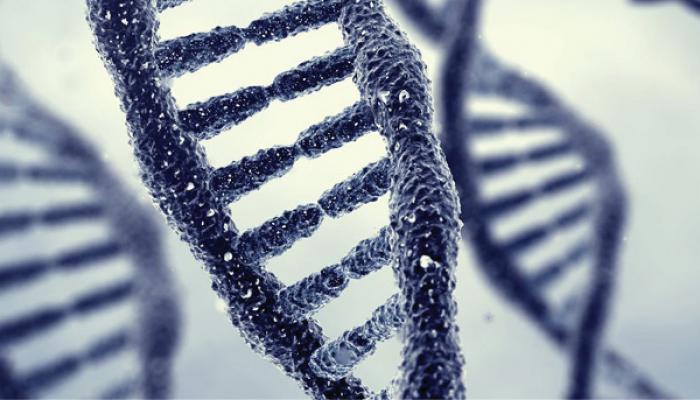
4.29 Come si pratica un aborto?
Un aborto è un intervento medico che implica il porre termine deliberatamente alla nuova vita che sta crescendo nell’utero. Fino a sette settimane dopo il concepimento una donna può scegliere di prendere una pillola abortiva per provocare l’aborto.
Fino alla dodicesima settimana di gravidanza il feto può essere aspirato dall’utero (raschiamento con aspirazione) usando un potente aspiratore. Dopo la dodicesima settimana il bambino può essere estratto dall’utero a pezzi con un’operazione (evacuazione).
What is forbidden by the fifth commandment?
The fifth commandment forbids as gravely contrary to the moral law:
- direct and intentional murder and cooperation in it;
- direct abortion, willed as an end or as means, as well as cooperation in it. Attached to this sin is the penalty of excommunication because, from the moment of his or her conception, the human being must be absolutely respected and protected in his integrity;
- direct euthanasia which consists in putting an end to the life of the handicapped, the sick, or those near death by an act or by the omission of a required action;
- suicide and voluntary cooperation in it, insofar as it is a grave offense against the just love of God, of self, and of neighbor. One’s responsibility may be aggravated by the scandal given; one who is psychologically disturbed or is experiencing grave fear may have diminished responsibility. [CCCC 470]
Why is abortion unacceptable at any phase in the development of an embryo?
God-given human life is God’s own property; it is sacred from the first moment of its existence and not under the control of any human being. “Before I formed you in the womb I knew you, and before you were born I consecrated you” (Jer 1:5).
God alone is lord over life and death. Not even “my” life belongs to me. Every child, from the moment of conception on, has a right to life. From his earliest beginnings an unborn human being is a separate person, and no one can infringe upon his rights, not the state, not the doctor, and not even the mother or father. The Church’s clarity about this is not a lack of compassion; she means, rather, to point out the irreparable harm that is inflicted on the child who is killed in abortion and on his parents and on society as a whole. Protecting innocent human life is one of the noblest tasks of the state. If a state evades this responsibility, it undermines the foundations of a rule of law. [Youcat 383]
As well as the mother, there are often other people too who decide upon the death of the child in the womb. In the first place, the father of the child may be to blame... in this way the family is thus mortally wounded and profaned in its nature as a community of love and in its vocation to be the "sanctuary of life". Nor can one overlook the pressures which sometimes come from the wider family circle and from friends... Doctors and nurses are also responsible... Abortion goes beyond the responsibility of individuals and beyond the harm done to them, and takes on a distinctly social dimension. [Pope John Paul II, Evangelium Vitae, 59]





